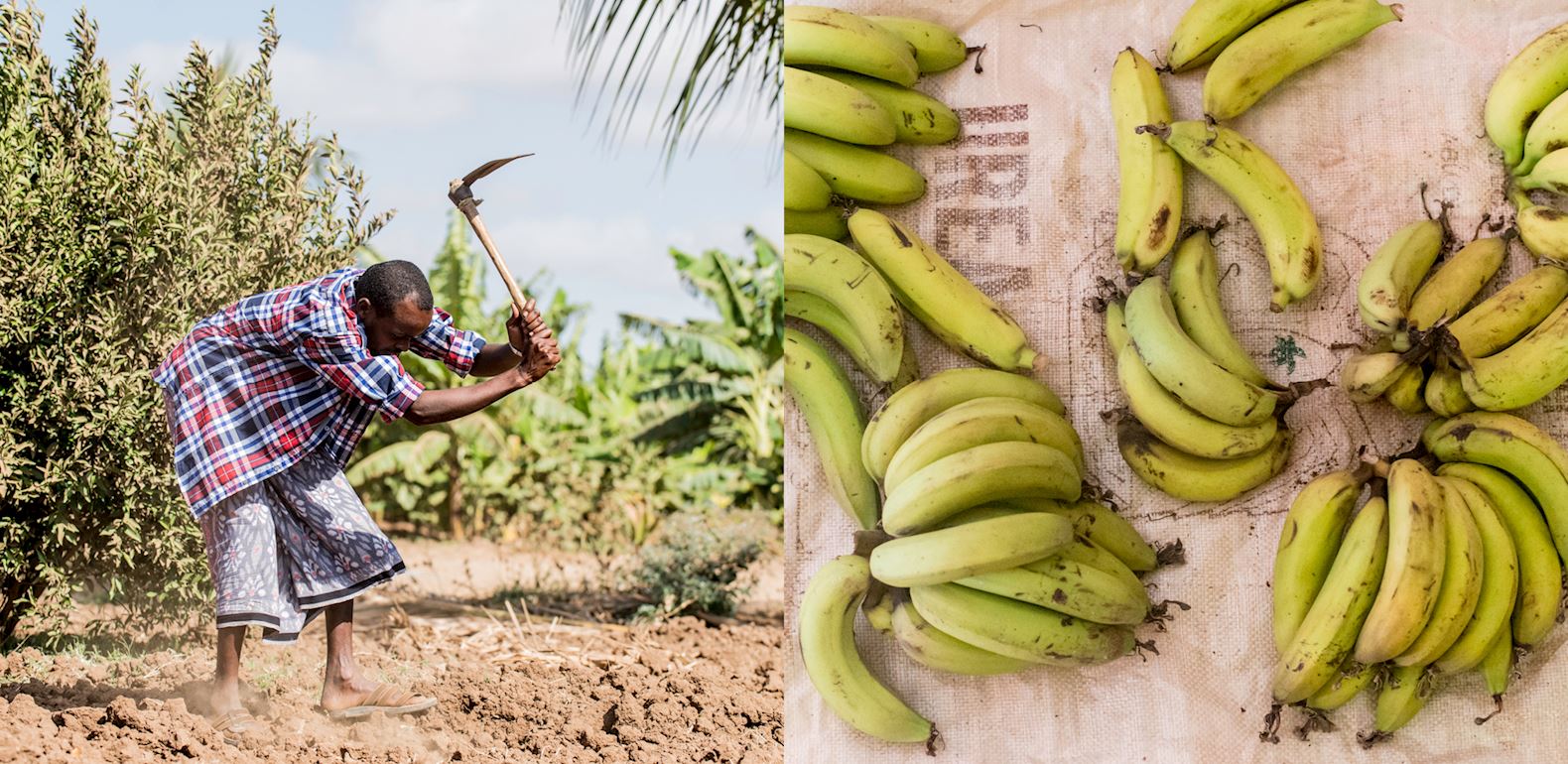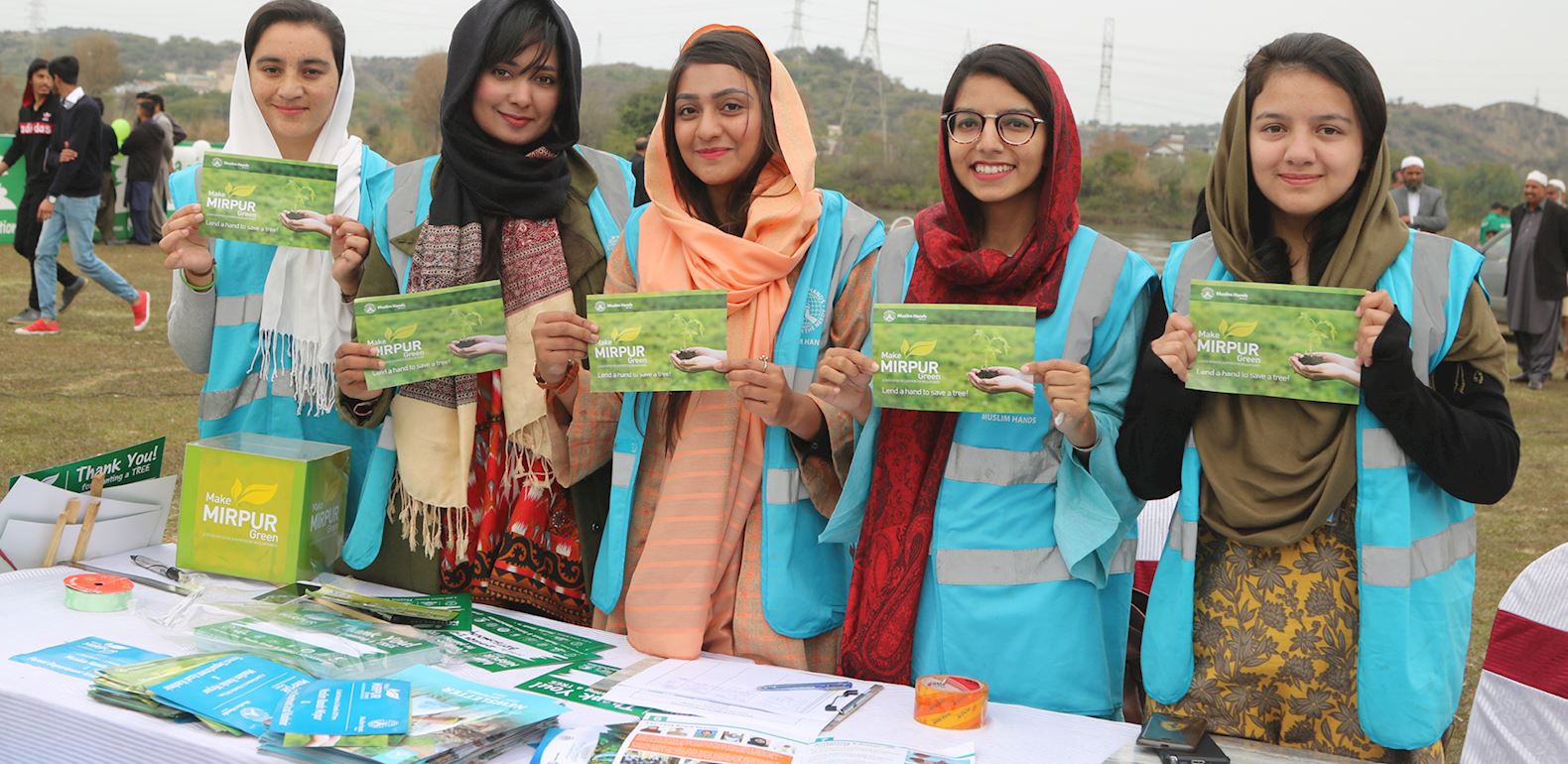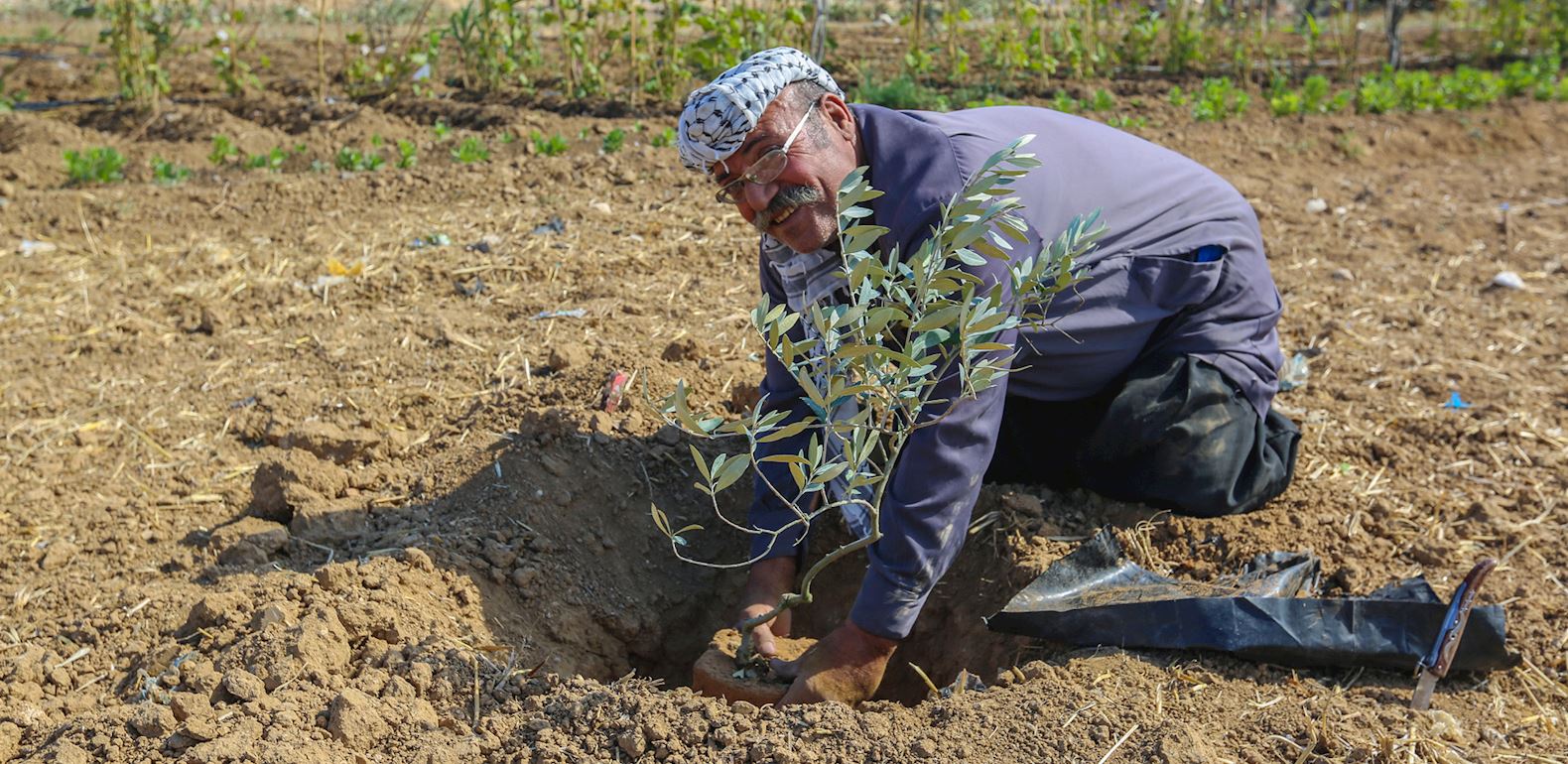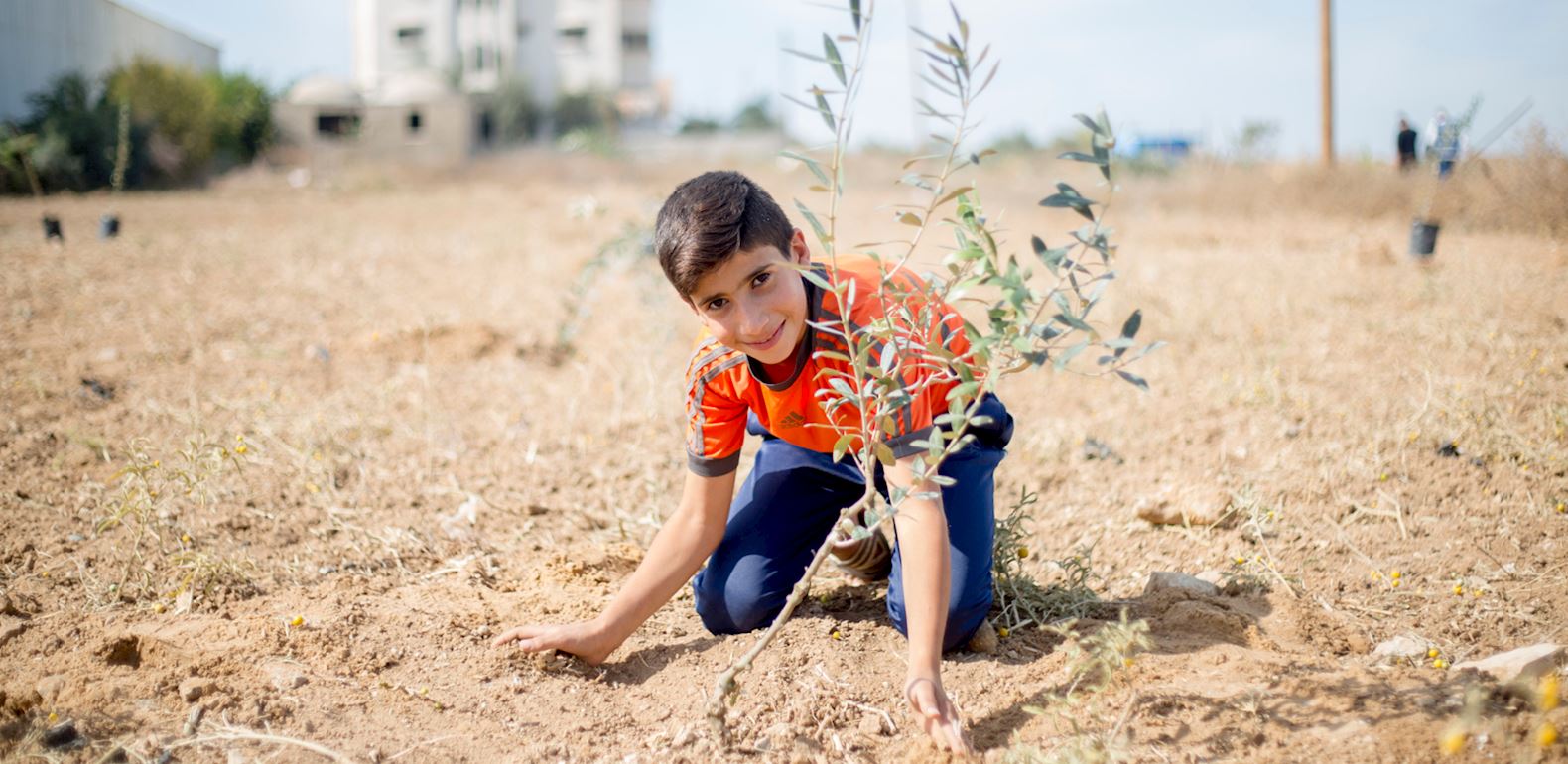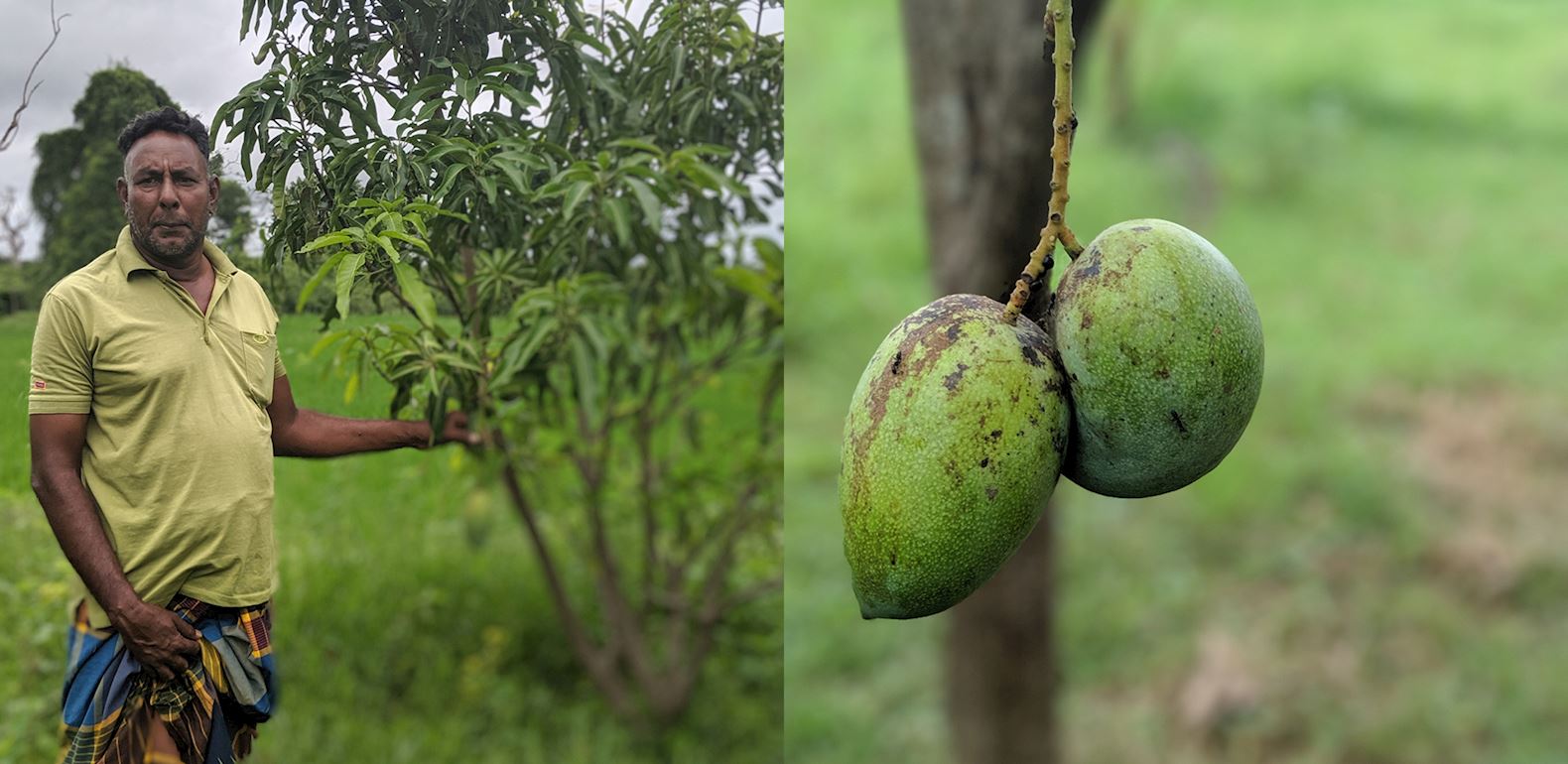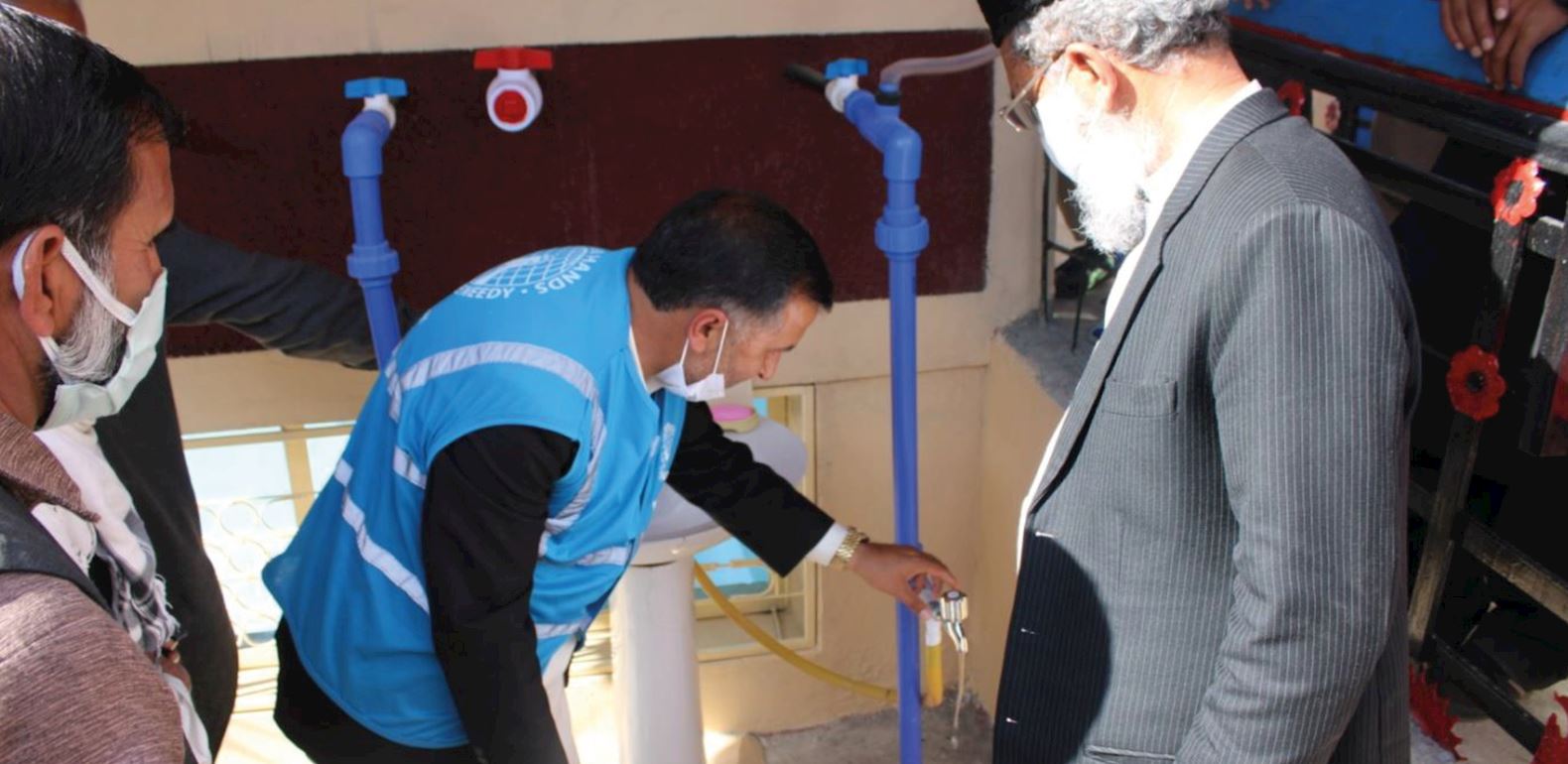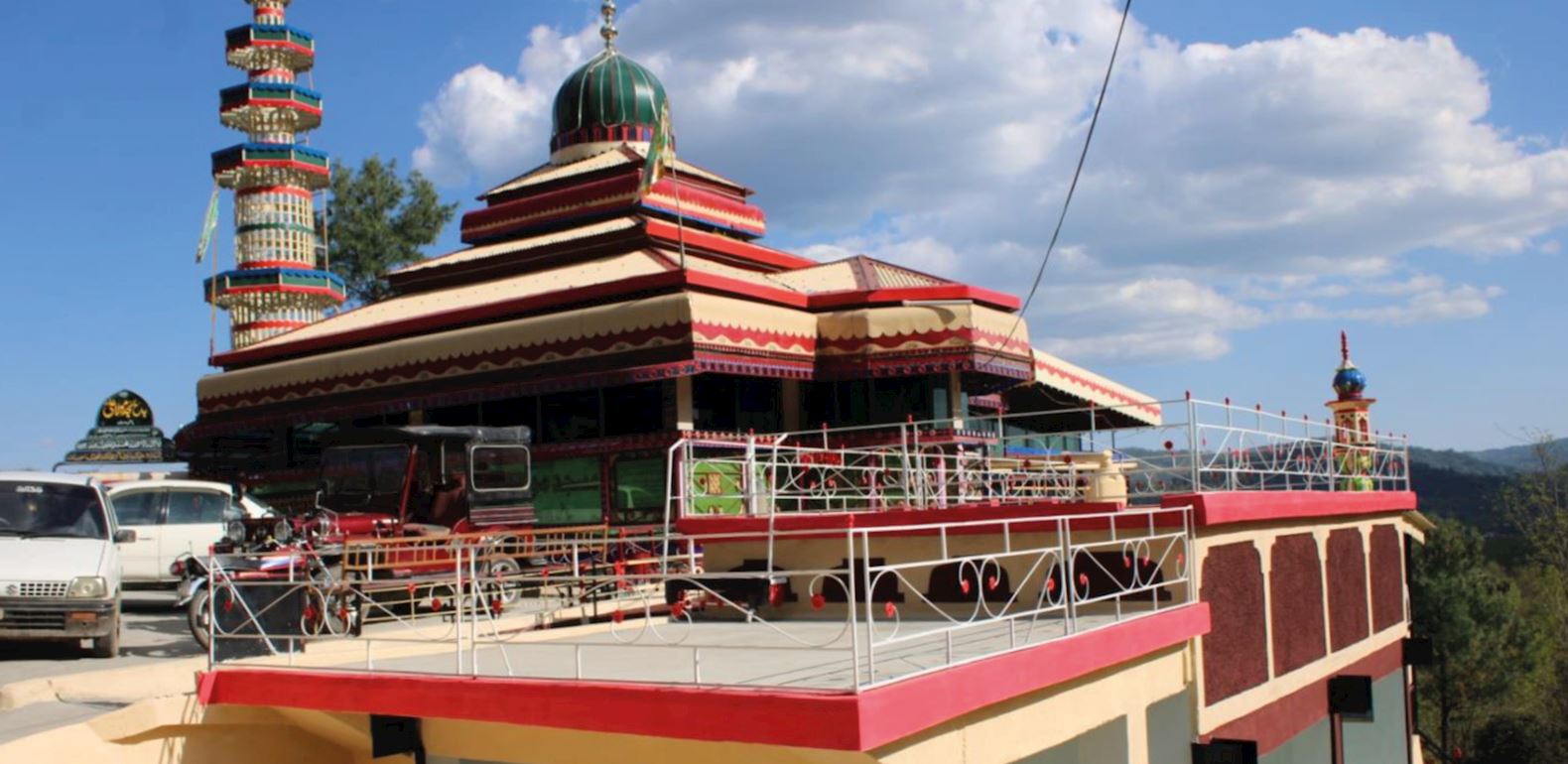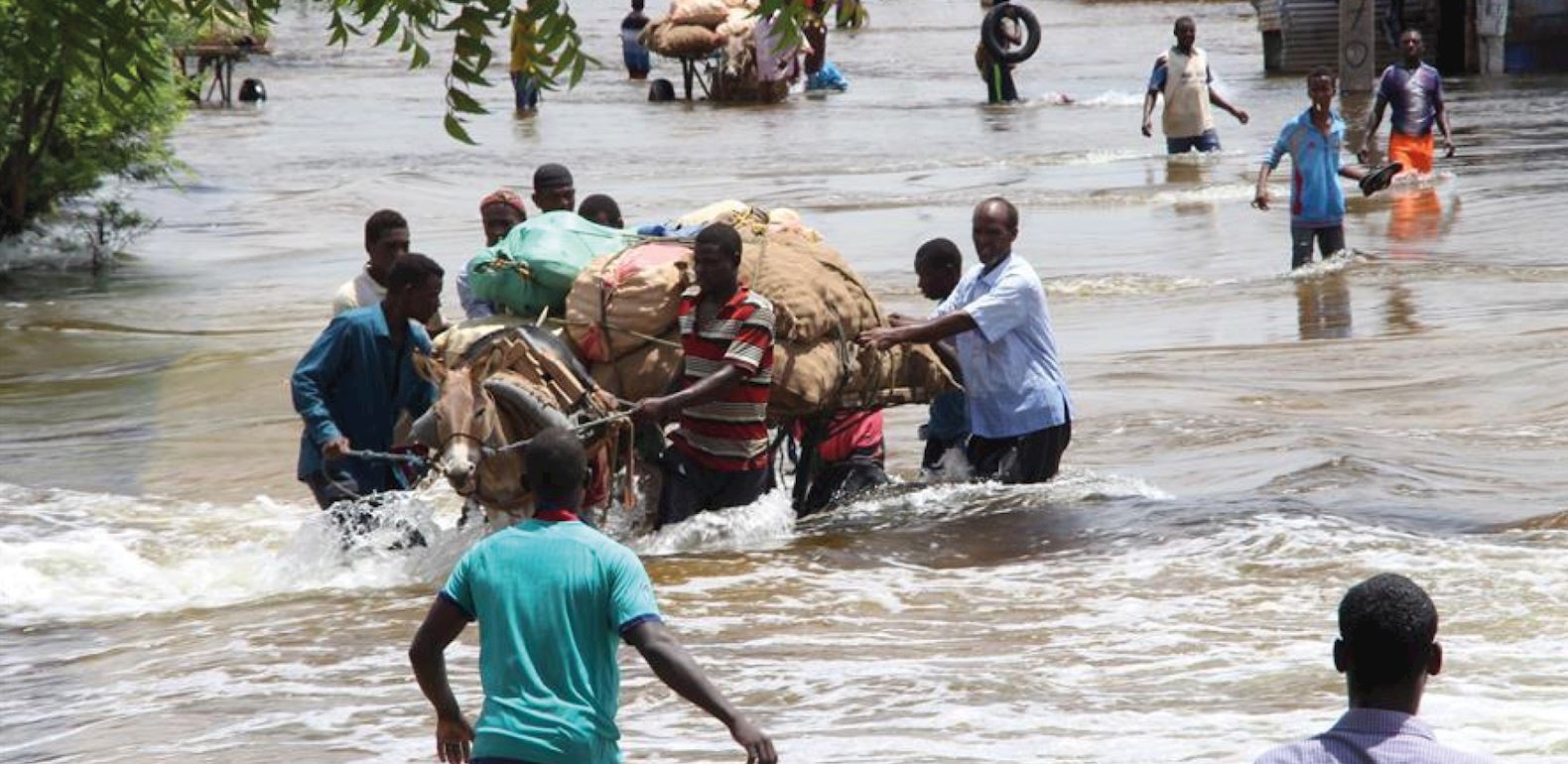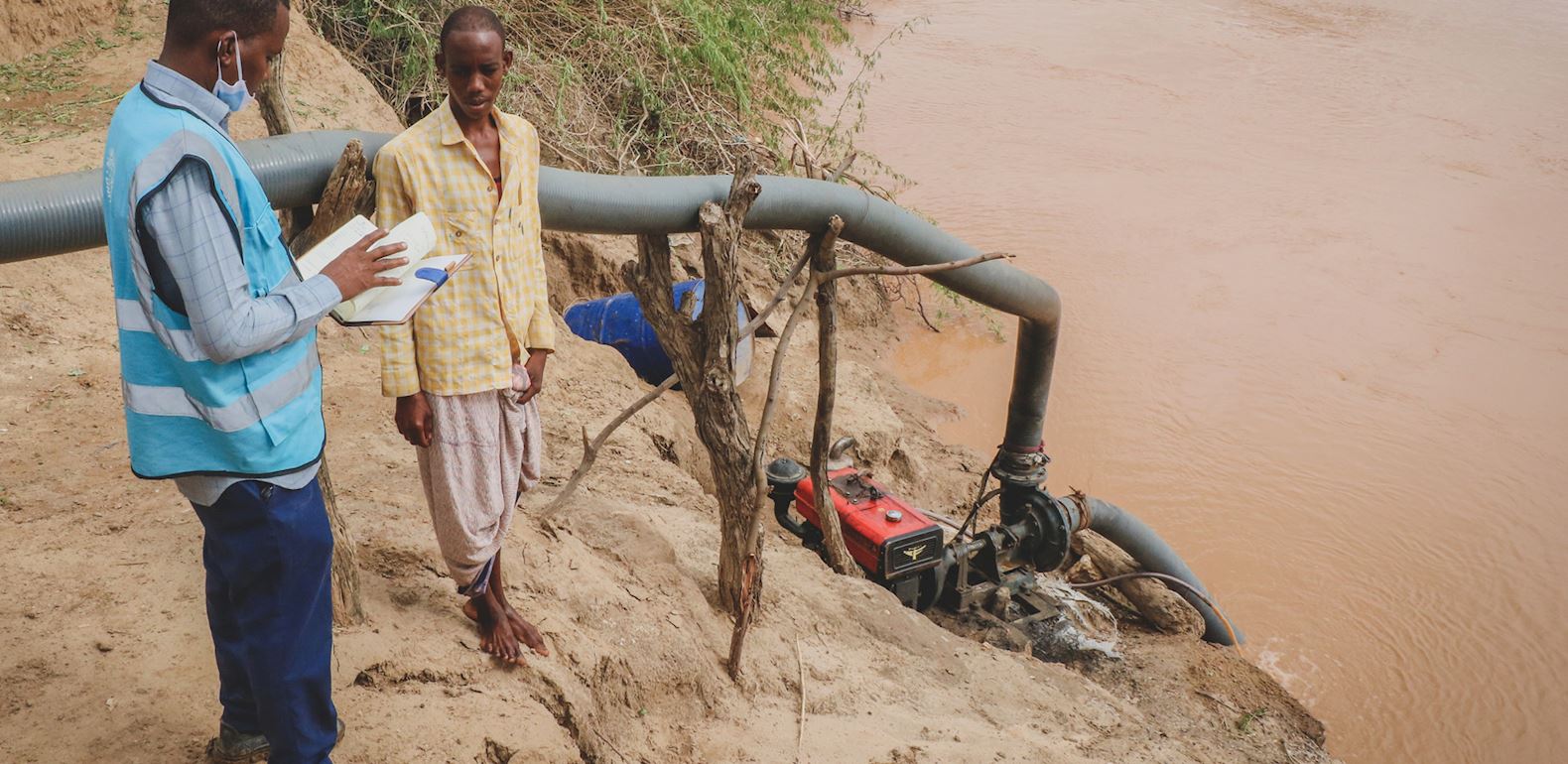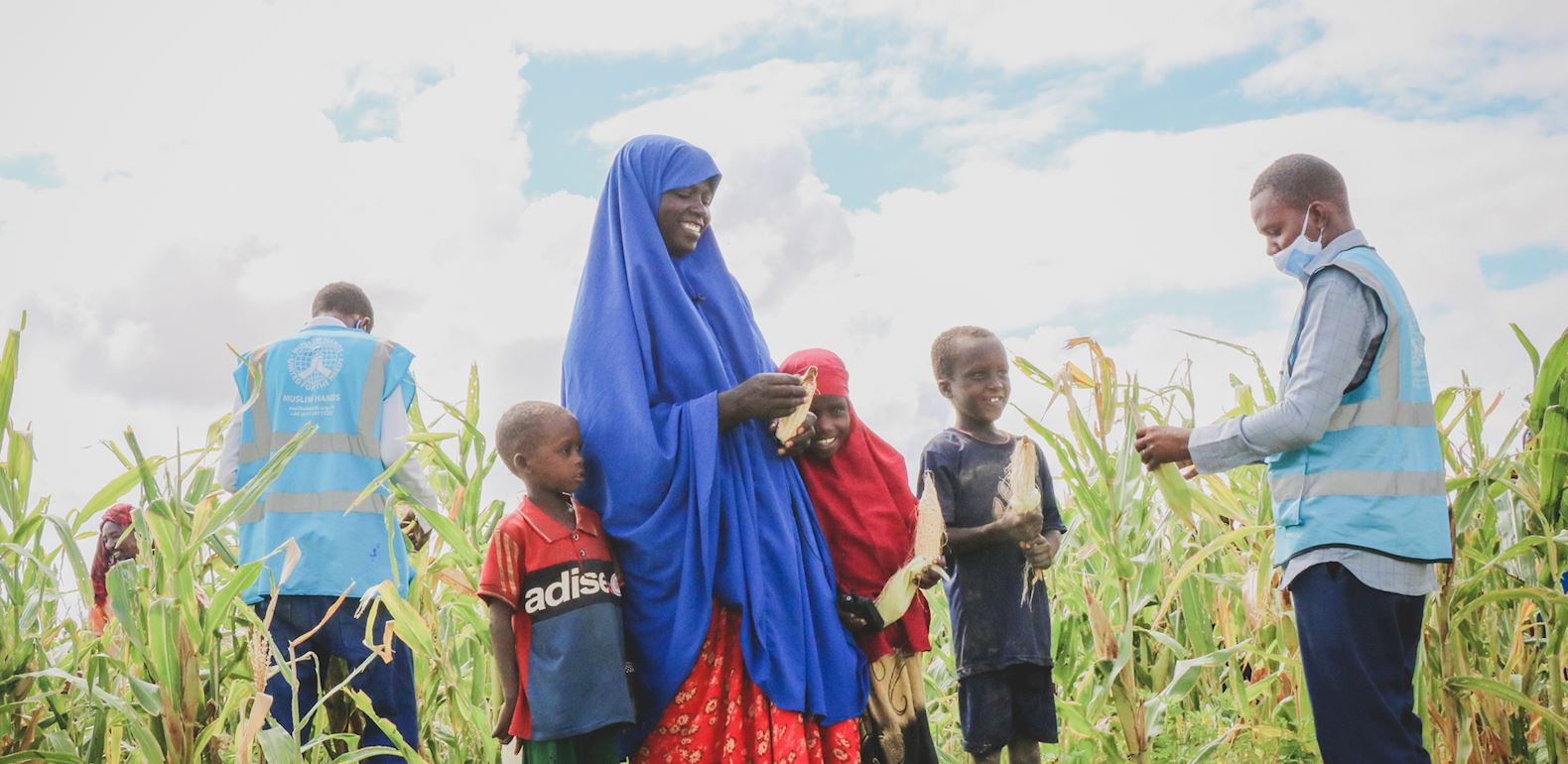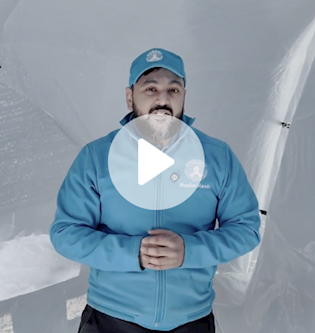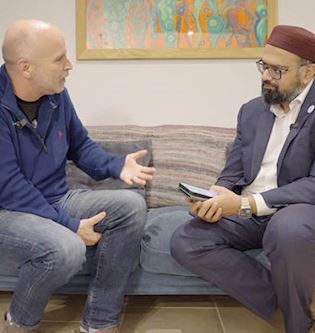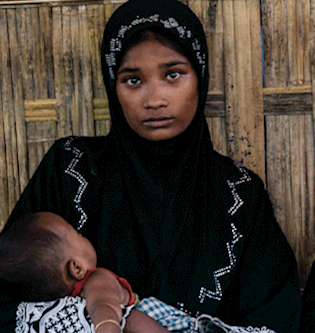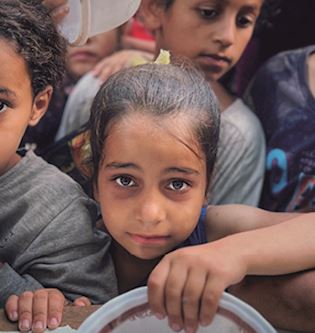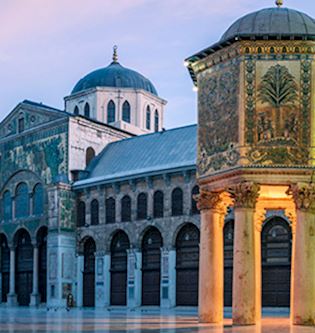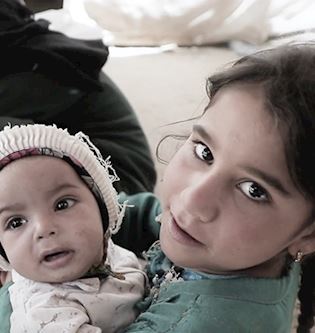It's World Environment Day 2021!
Saturday 5th June will mark World Environment Day 2021. This year, Pakistan will be the global host of World Environment Day, alongside UNEP (the UN Environment Programme).
To mark this day, we've put together a gallery of our environmental projects in Pakistan and elsewhere to show you the impact of your donations!
But first - what do you need to know about World Environment Day 2021?
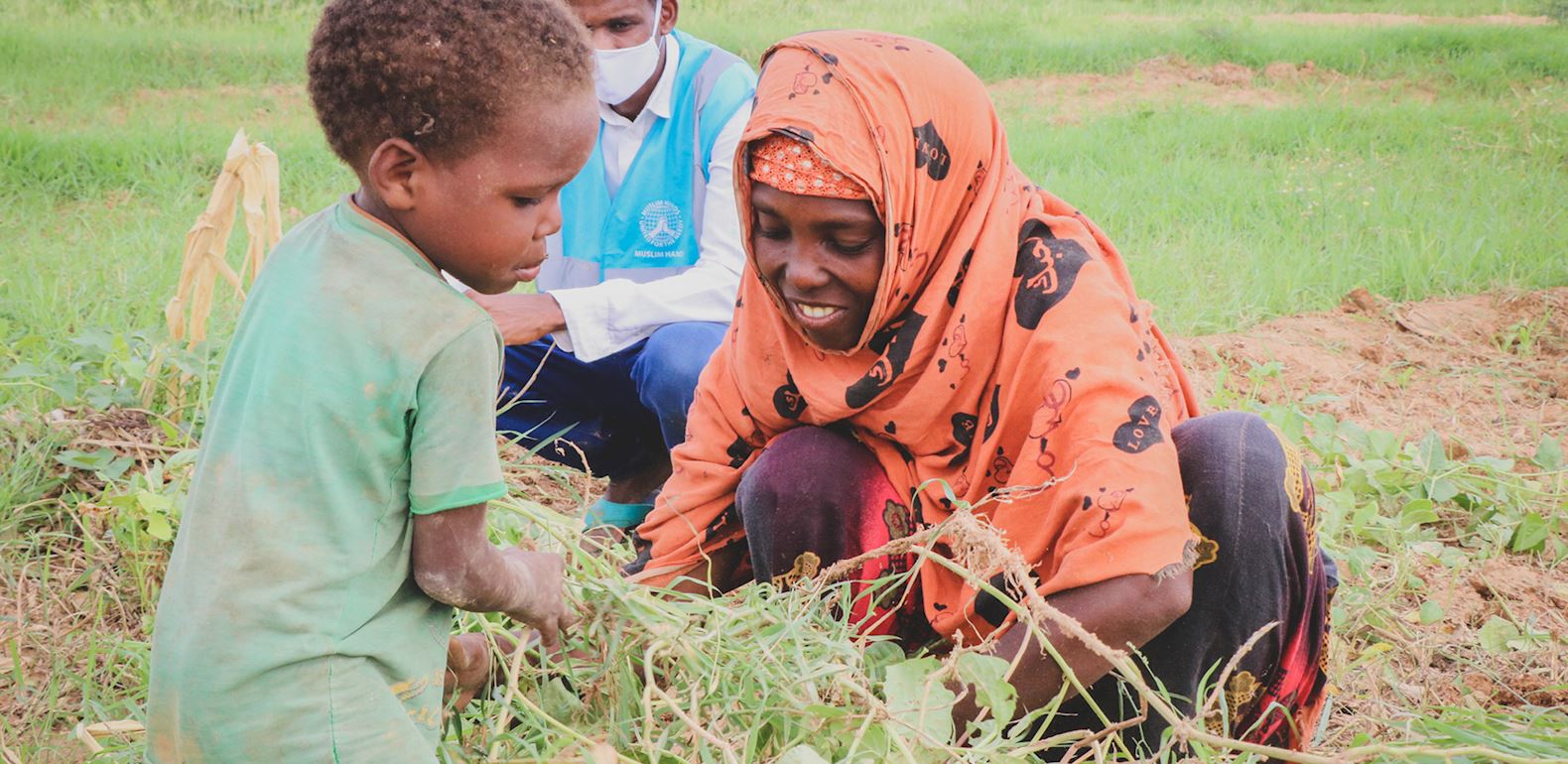
According to the UN, 'We cannot turn back time. But we can grow trees, green our cities, rewild our gardens, change our diets and clean up rivers and coasts. We are the generation that can make peace with nature'.
Ultimately, we have pressured the environment too much in recent decades because of our out-of-control desire for resources, degrading and even destroying ecosystems. This has impacted our agriculture, wildlife, climate and even natural disasters.
Preserving our ecosystems and restoring damaged ones is crucial to protecting our planet from further harm. Without further ado, here are three ways you are supporting ecosystems in Pakistan and around the world!
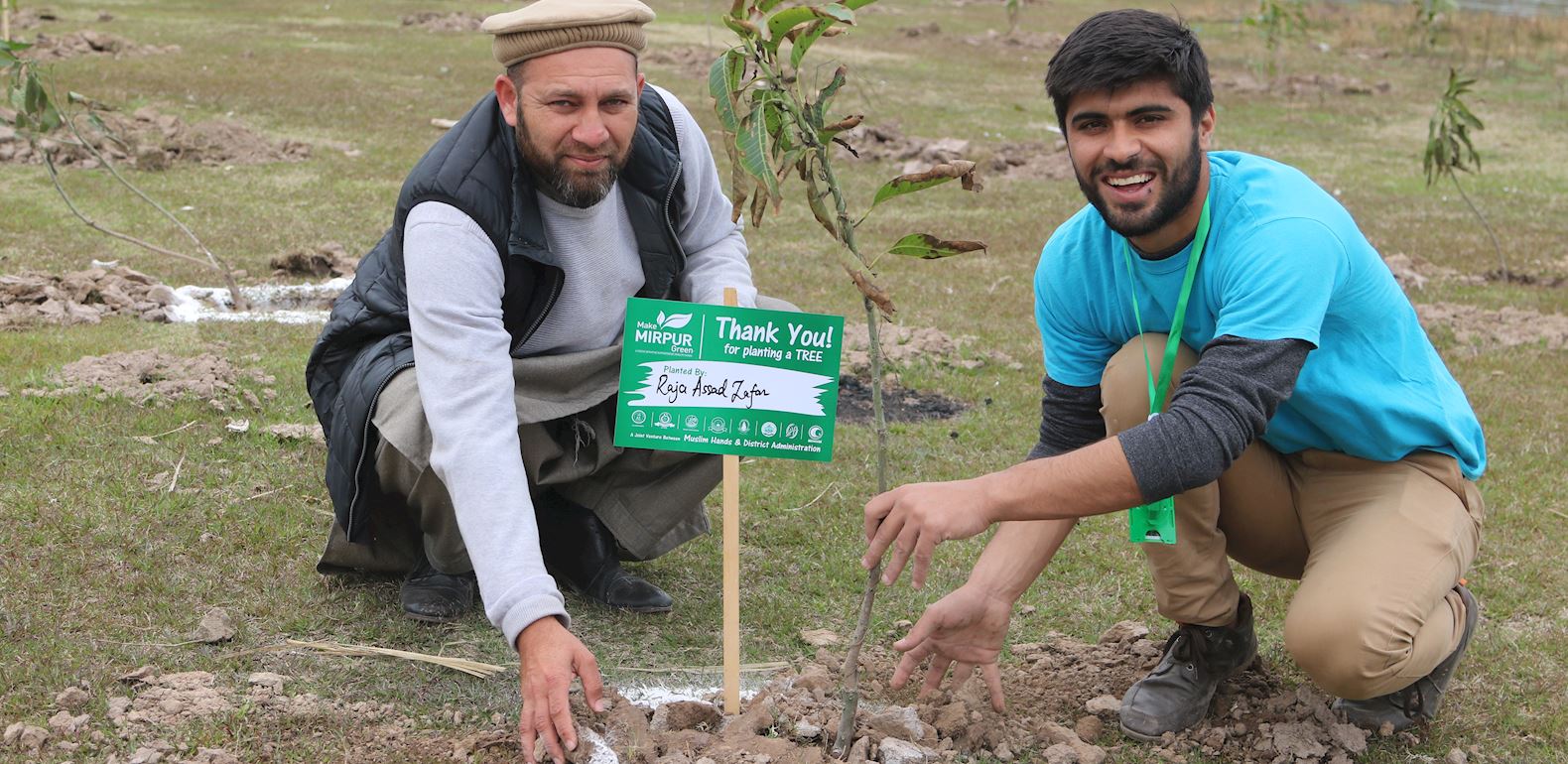
Recently, Pakistan has committed to restoring the country’s forests through a '10 Billion Tree Tsunami' spread over 5 years. (Pakistan is the global host of this year's World Environment Day).
Currently, only 3% of Pakistan is covered in trees - the lowest percentage in the world, far below the UN standard of 25%. Our generous donors have been planting trees in Pakistan in many years.
Our most well-known project is the 'Make Mirpur Green' again campaign - in 2019 alone, we planted 15,000 fruit trees in Mirpur, alhamdulillah!
With your ongoing donations, our teams have continued to implement tree-planting projects across Pakistan, recently committing to planting 700 trees in areas where we are already building Tube Wells. These will be a source of nutrition for impoverished communities, as well as providing protection for the environment.
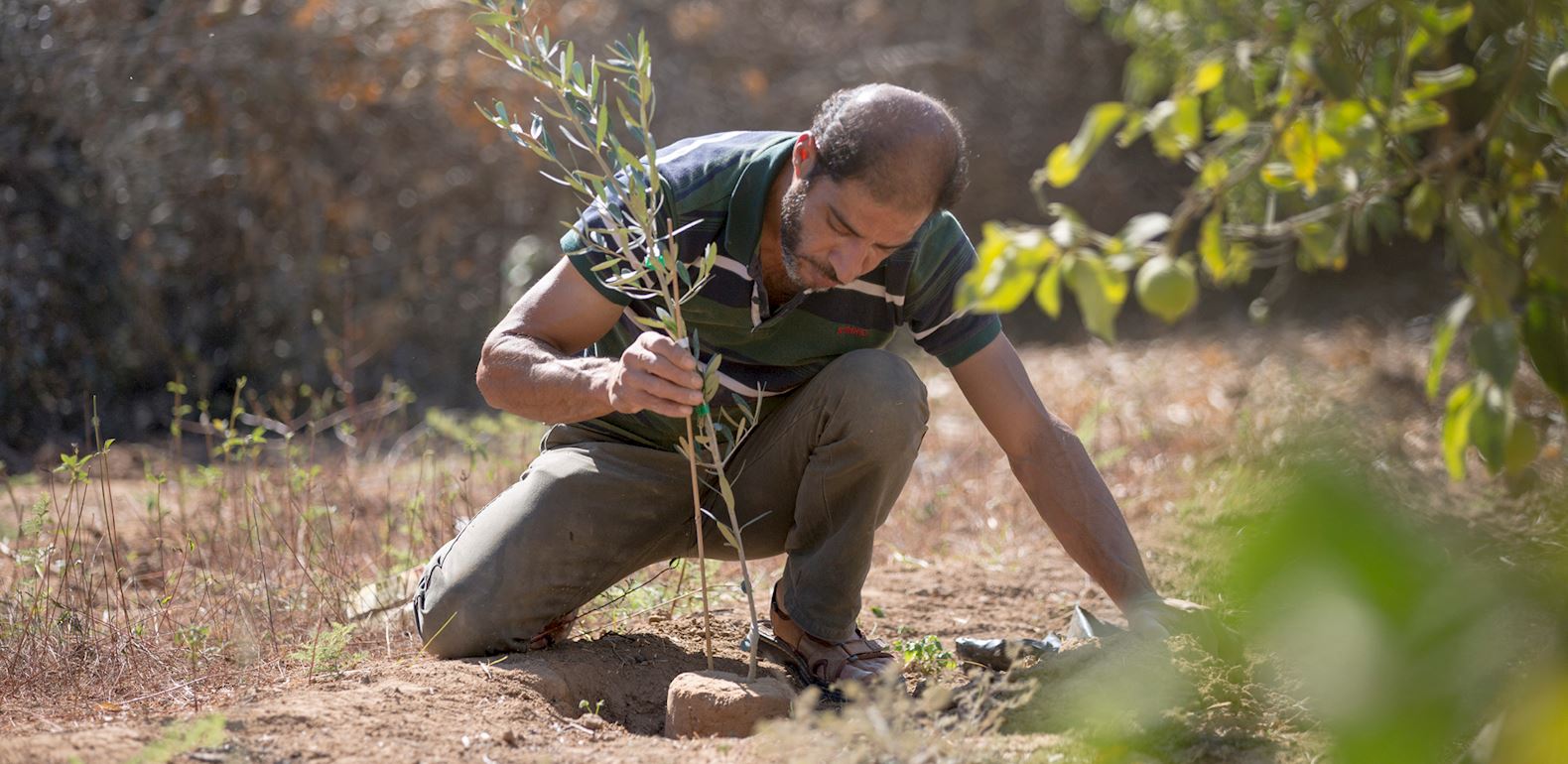
Olive trees are 'a barrier to desertification and erosion' [International Olive Council] and they clean the air.
Moreover, they are a source of livelihood for over one million Palestinians, as well as providing nutrition and medicine.
Our latest olive tree plantation is supporting 300 families - over the years, you have supported thousands of Palestinians with this precious gift!
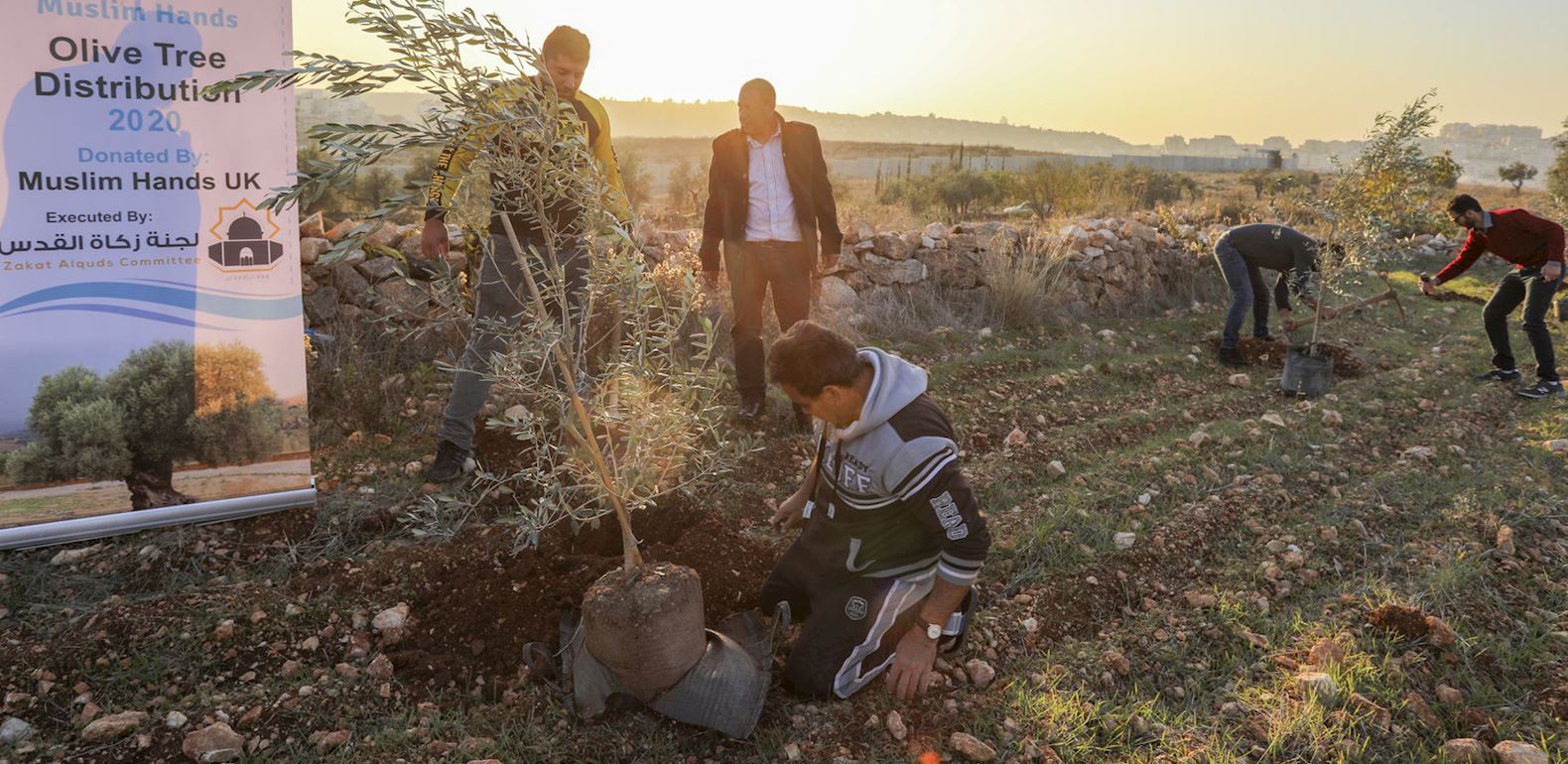
Our projects in Pakistan and Palestine are only two examples of how you are benefitting the world through this Sadaqah Jariyah. The trees you are planting globally are giving people oxygen, removing pollutants from the air, storing carbon, stabilising the soil and hosting complex systems of birds, insects, fungi and more.
May Allah (swt) reward you for this noble work!
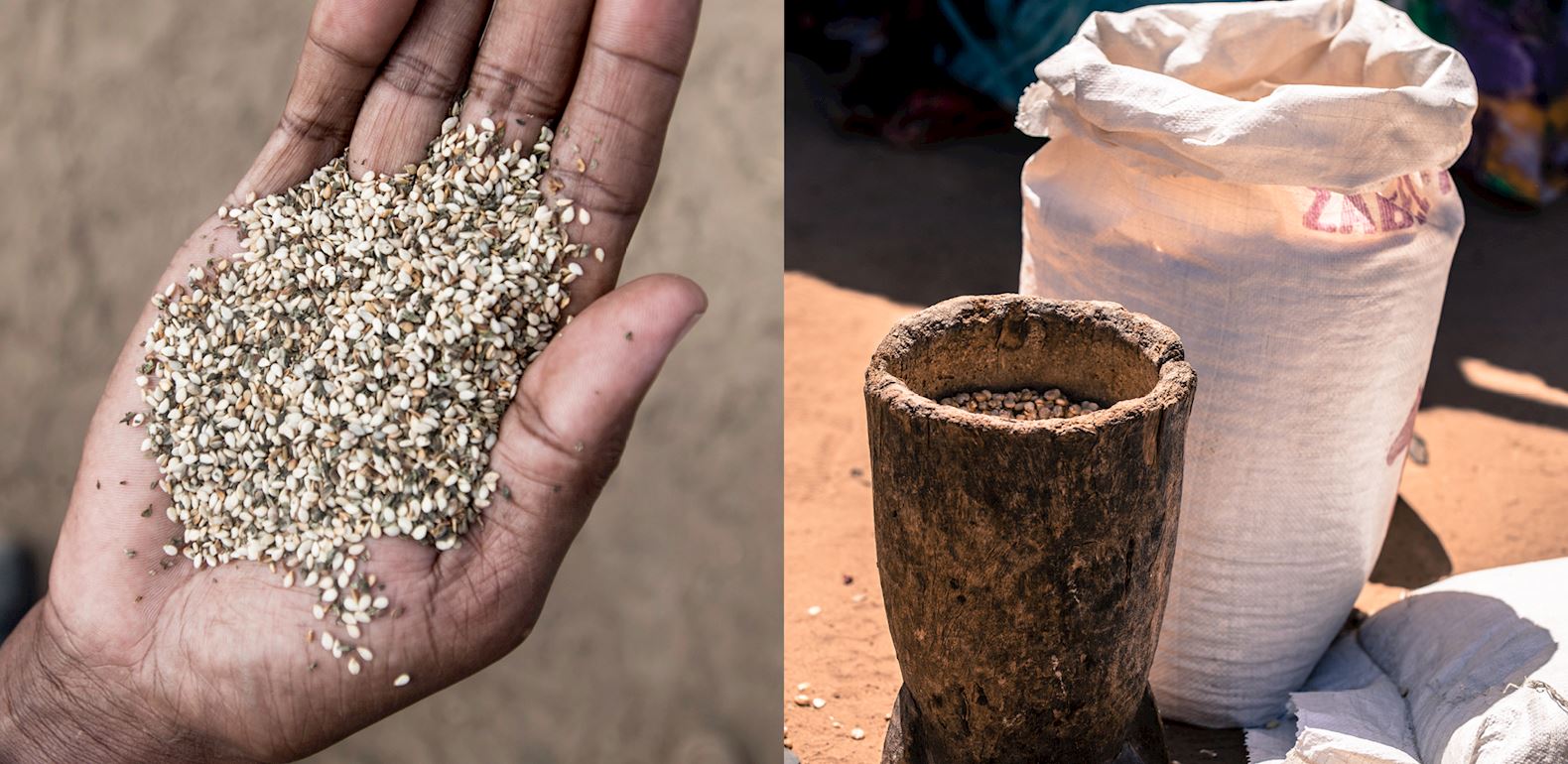
As we deliver humanitarian interventions on the ground, we always strive to put less pressure on the environment and preserve local ecosystems.
Rainwater harvesting is the process of collecting water from surfaces, filtering it and storing it for everyday use. This is an innovative and effective solution in hilly or mountainous areas, where extracting water from the ground is difficult and environmentally risky. It reduces flood risks and has a positive impact on local ecosystems and wildlife.
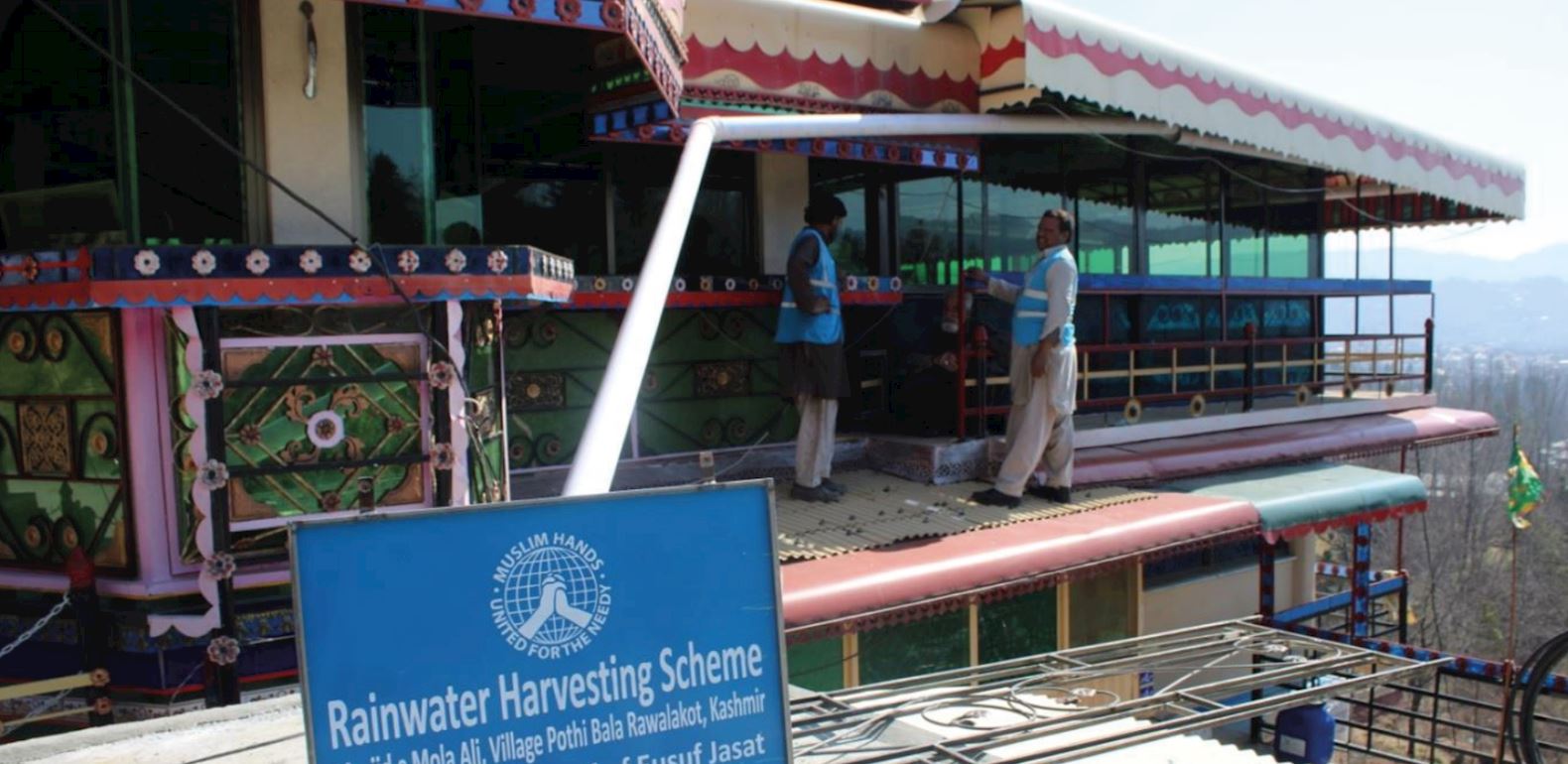
Kashmir has an average rainfall of 1,500 millimetres, higher than the rest of the country, making this project ideal for providing safe water to local families while protecting the environment.
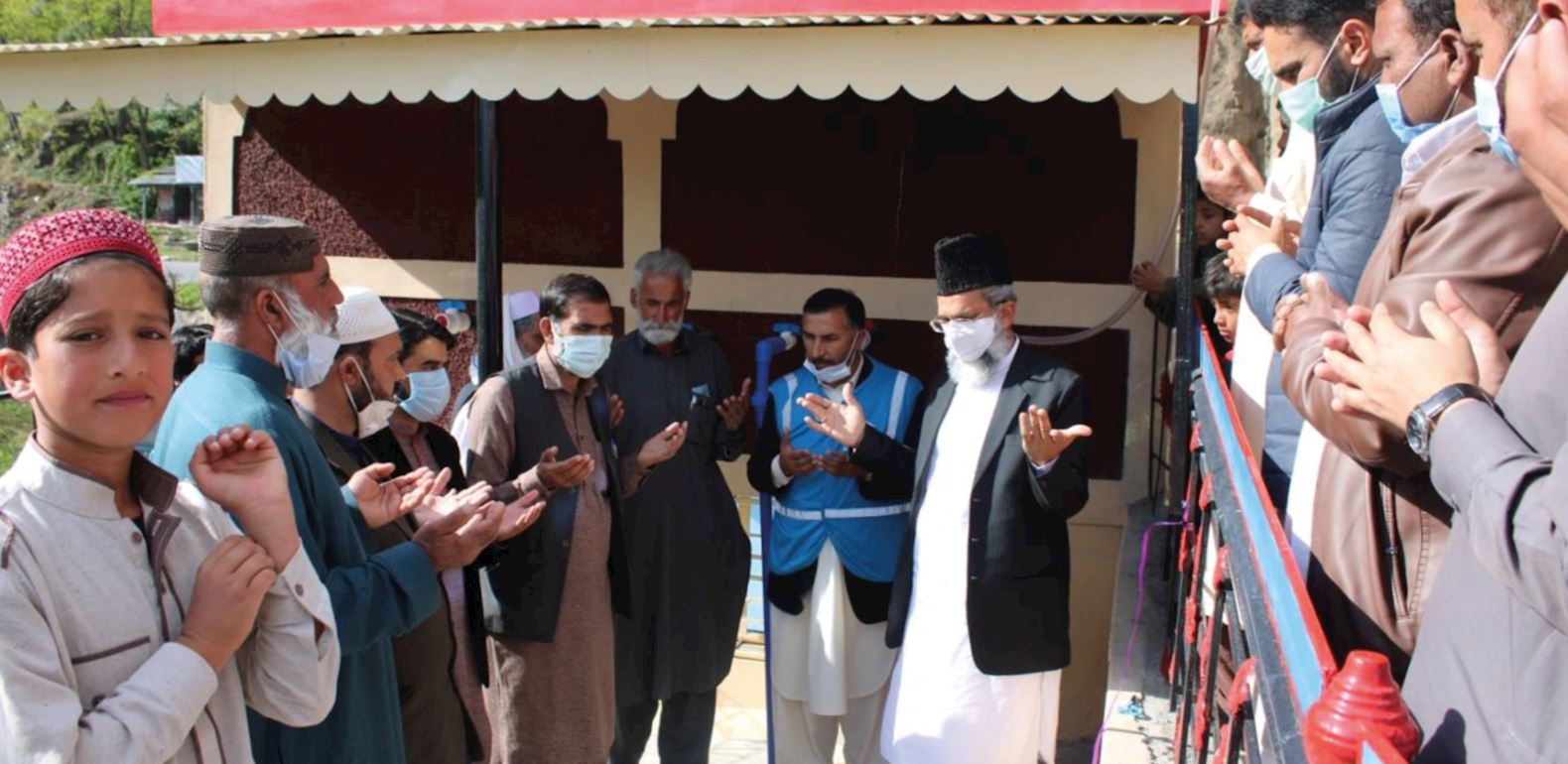
Thanks to this rainwater harvesting system, we are meeting the urgent need for safe water while being environmentally responsible, alhamdulillah!
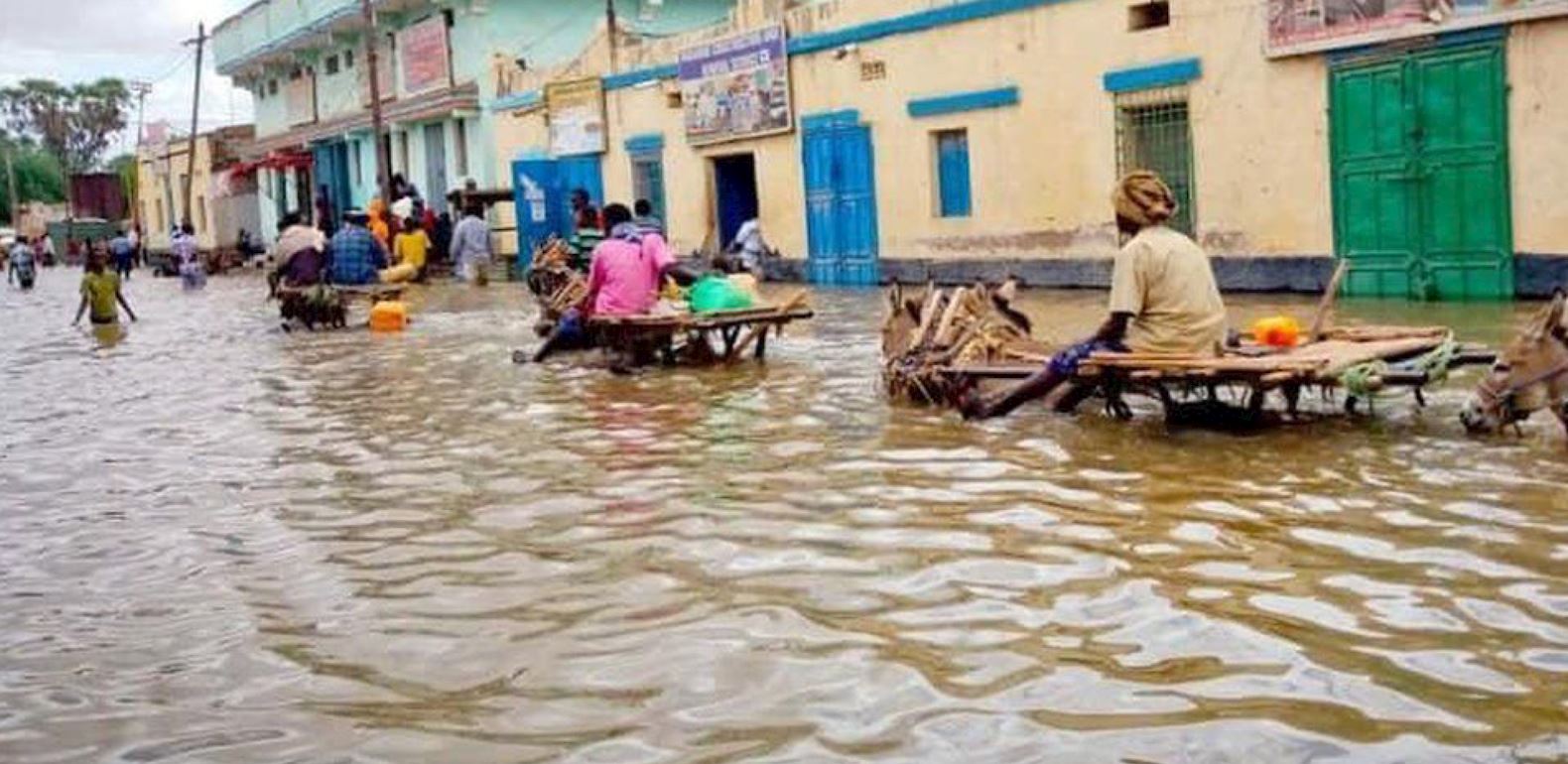
Global flooding has increased in recent years due to climate change and it has severely impacted Somalia, which already suffers from frequent drought as well as displacement due to conflict. Flash flooding leads to many other ecological problems - it weakens river embankments and inundates farmland, making less soil suitable for agriculture at a time when we should be making our current farmland more fertile rather than expanding.
With your help, our team in Somalia are running a 'Disaster Risk Reduction' programme, which aims to reinforce river embankments and dams in order to preserve existing ecosystems and prevent ongoing damage to farmland, while reducing food insecurity and people being forced to leave their homes.
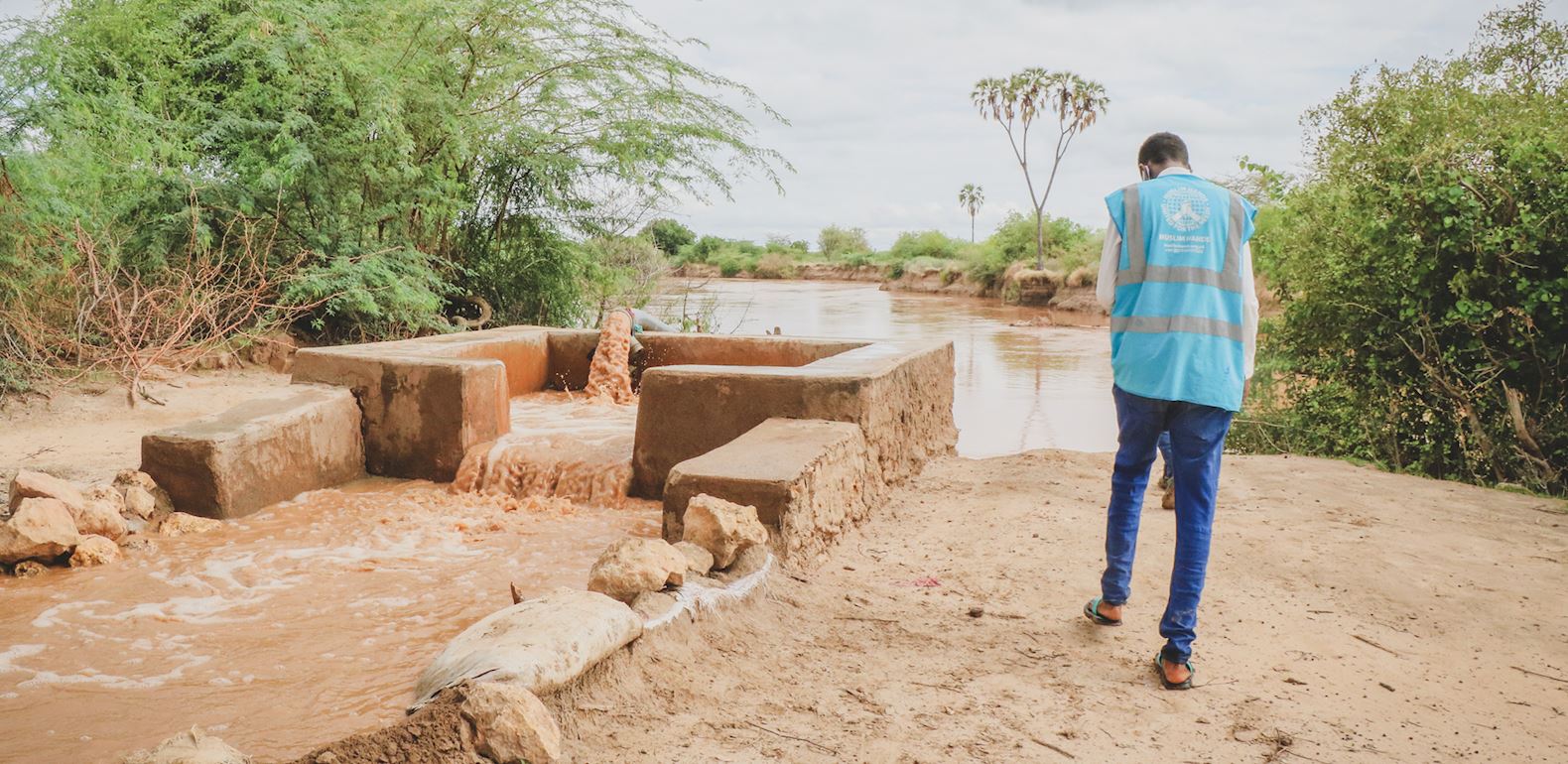
Our current project involves rehabilitating a dam in a flood-impacted area (including constructing a new sluice gate), reinforcing the river embankment, raising awareness on how to mitigate disasters and building the capacity to do so among local farming communities.
This intervention in Somalia will initially help 2,400 local people, as well as being environmentally important for both this generation and future generations, alhamdulillah!
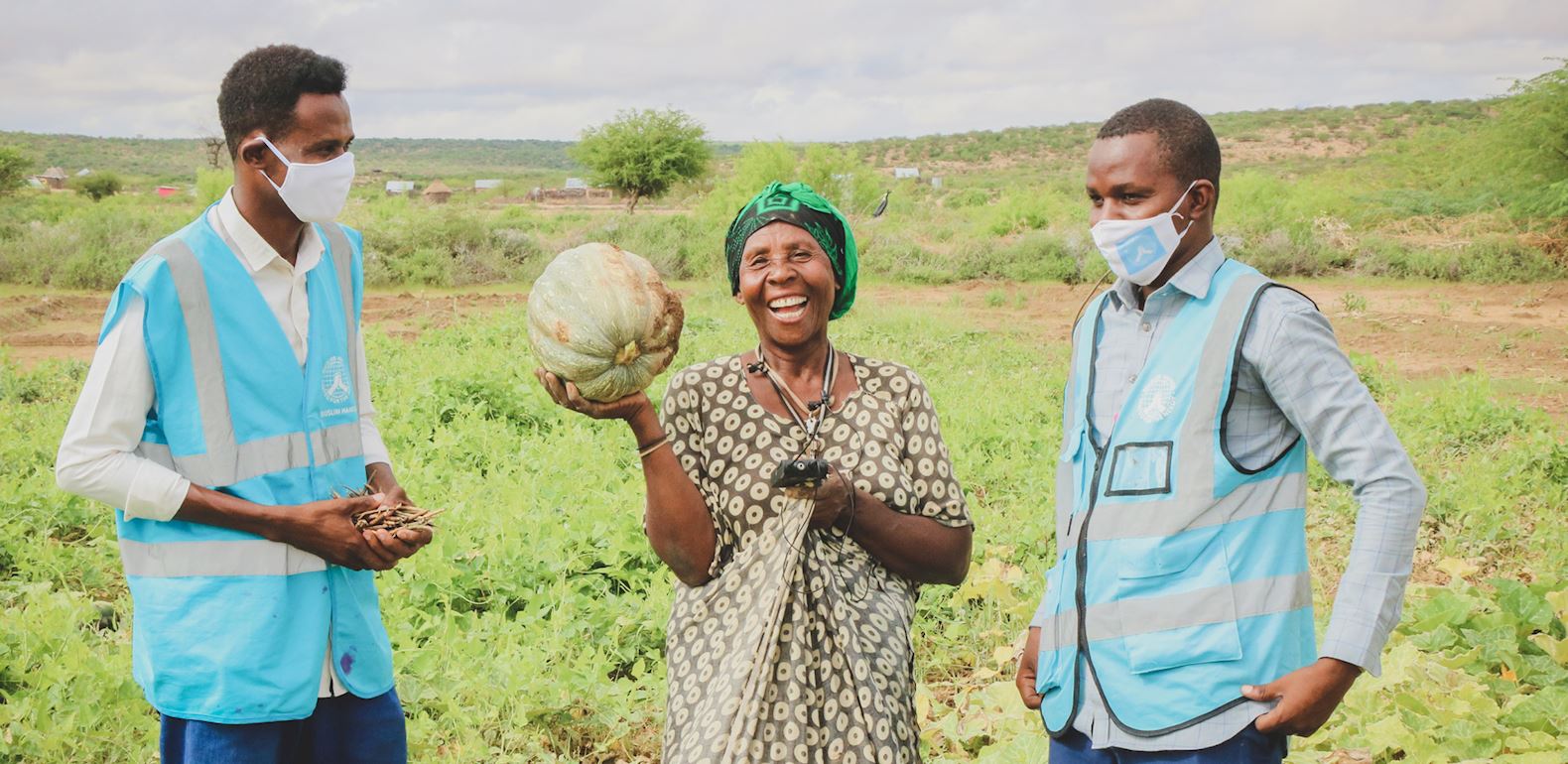
Not only are they helping us fulfil our responsibility towards the environment, they are also equipping impoverished communities to deal with disasters, meaning they aren't constantly subjected to the damage of droughts, floods and more.
This means they have a chance to lift themselves out of the trap of poverty and thrive, instead of just focusing on survival.
Get involved
The above projects show just three of the ways we are preserving and restoring ecosystems around the world.
Alhamdulillah, with your support, we strive to make all of our projects environmentally friendly, from constructing solar-powered wells to using local resources. This is because, as Muslims, we believe we are responsible for the wellbeing and thriving of this planet.
With that being said, here are five ways you can get involved on World Environment Day 2021:
- Plant an olive tree for just £15 or a fruit tree for just £25. You can even do this on behalf of a loved one by visiting Great Charity Gifts.
- Build a solar-powered water well or borehole to provide round-the-clock safe water while using renewable energy.
- Get in touch with our Major Giving team to set up your own environmental project such as rainwater harvesting.
- Raise awareness on social media by sharing this article.
- Research ways you can preserve your local ecosystems - e.g. rewilding your garden - and get started!
May Allah (swt) help us to be the generation that restores and preserves our environment and may He reward you for fulfilling your responsibility towards our planet, amin!





